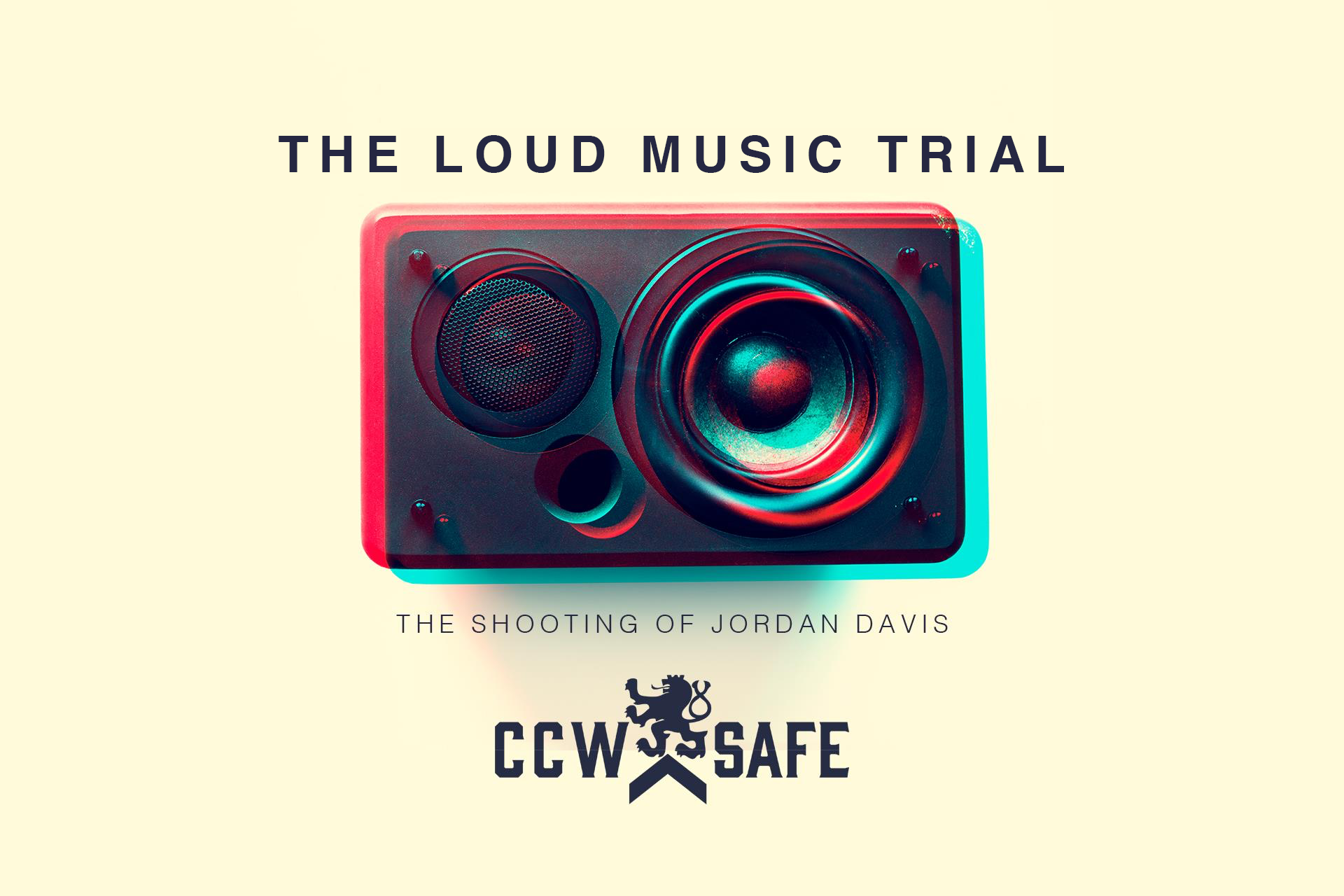
Posted on August 3, 2018 by Shawn Vincent in Shawn Vincent
In Self Defense: “The Loud Music” Trial-The Shooting of Jordan Davis, Part 3- Escalation
The “Loud Music” Trial
The shooting of Jordan Davis
Part 3: Escalation
When Michael Dunn heard the loud music emanating from a red Dodge Durango, he complained about it to his fiance Rhonda Rouer. The four teens in the Durango had taken a break from “girl shopping” at a local mall to get breath mints and some smokes. Rouer testified that Dunn said, “I hate that thug music.” Nonetheless, he parked right next to the Durango — so closely that front passenger Tevin Thompson said he wouldn’t have been able to get out of the car. While Rouer went inside to get some chips and wine, Dunn asked Thompson to turn the music down, politely by all accounts, and Thompson complied. That’s when Jordan Davis, the seventeen-year-old in the back seat, exploded. He insisted that Thompson turn the music back up and went into a profanity-laced verbal tirade focused on Michael Dunn. Thompson tried to put Davis’ window up to defuse the situation, but Dunn had lowered his window and asked, “Are you talking to me?”
What happened next is in dispute. Dunn says Davis reached under his seat and slammed something against the door of the SUV. He said it looked like the barrel of a shotgun. According to Dunn, Davis opened the door saying, “This —- is going down,” as he started to get out of the SUV. Although Davis’ friends would not or could not corroborate it, Davis’ tirade, as Dunn described it, included the words “I should kill that mother —” and “You’re dead, —.” In response, Dunn testified that he said “You’re not going to kill me, you son of a bitch,” as he reached for the gun kept in his glove compartment. He fired a total of ten shots at the Durango. Three bullets struck Jordan Davis. One struck his aorta. He bled to death in the arms of his best friend.
The very first witness prosecutors called at trial was a man who had also heard the loud music when he pulled into the parking lot of the convenience store. He decided not to park next to the red Dodge Durango, opting for a spot several places away. Dunn had the same option, but despite complaining about the “thug music,” he chose instead to park next to the SUV — so close the passengers felt they couldn’t open the doors to get out. The suggestion was that Dunn invited the confrontation that ensued.
While Dunn was perfectly within his rights to ask the teens to turn the music down, it wasn’t necessary, and it sparked an engagement that had obvious potential to become confrontational. Don West, veteran criminal defense lawyer and National Trial Counsel for CCW Safe said, “I don’t think anything good is going to come out of engaging anyone in that situation. People are looking for a reason to get angry, looking for a reason to ‘one up’ the other person. The reasonable people in the car were overruled.”
And of course, that’s exactly what happened. Jordan Davis lost his temper and started shouting obscenities and making threats. A defense attorney at trial told the jury “Jordan Davis escalated this situation until he ended up dead.” Even the prosecution conceded this point. Assistant State Attorney John Guy admitted that Davis “had a big mouth, and it cost him his life.”
At this point Dunn had several options. He could have looked away and ignored the teen. He could have put the car in reverse and moved to a different parking spot. Instead, he chose to put his window down and engage the teen. “Are you talking to me?” It’s notable that Tevin Thompson tried to raise Davis’ window to stop the engagement as Dunn decided to put his down. “He opted for engagement,” Don West says. “Instead of it being the battle of the loud mouths, he could have just rolled up the window and disengaged.”
Just how specific Davis’ threats were, and whether he attempted to exit the vehicle — these facts are in dispute. No evidence of a shotgun or anything that looked like a shotgun ever surfaced. But Dunn said that he was threatened and believed Davis was armed, and at some point, Dunn felt justified in retrieving his weapon from the glove compartment and firing ten rounds at a car full of teenagers.
Michael Dunn missed multiple opportunities to de-escalate the confrontation with Jordan Davis, and it can be argued that he opened the door to the confrontation when he decided to park next to the vehicle playing the music that offended him.
The lesson for the concealed carrier is that verbal confrontations can devolve quickly, and when emotions are hot, threats can lead to physical violence, and that can lead to the use deadly force when one of the parties has a gun. Don West says that concealed carriers “may not have an extra legal duty to avoid verbal confrontations, but they may have an extra responsibility to themselves and others so that there is no introduction of a gun into an argument — unless it is solely and specifically for the purpose of saving their own life.”
In the next installment of “The Four Elements of Self-Defense,” we’ll explore how the concept of reasonable fear impacted Dunn’s legal defense.